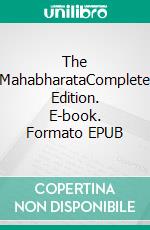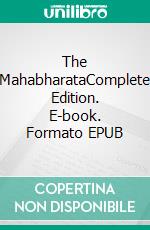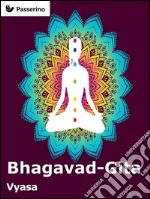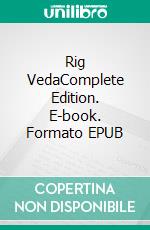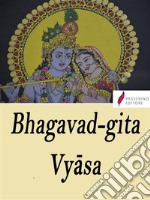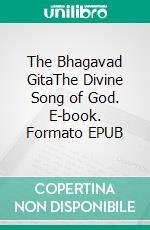Besides its epic narrative of the Kurukshetra War and the fates of the Kaurava and the Pandava princes, the Mahabharata contains much philosophical and devotional material, such as a discussion of the four "goals of life" or purusharthas (12.161). Among the principal works and stories that are a part of the Mahabharata are the Bhagavad Gita, the story of Damayanti, an abbreviated version of the Ramayana, and the Rishyasringa, often considered as works in their own right. Traditionally, the authorship of the Mahabharata is attributed to Vyasa. There have been many attempts to unravel its historical growth and compositional layers. The oldest preserved parts of the text are thought to be not much older than around 400 BCE, though the origins of the epic probably fall between the 8th and 9th centuries BCE. The text probably reached its final form by the early Gupta period (c. 4th century). The title may be translated as "the great tale of the Bharata dynasty". According to the Mahabharata itself, the tale is extended from a shorter version of 24,000 verses called simply Bharata.
